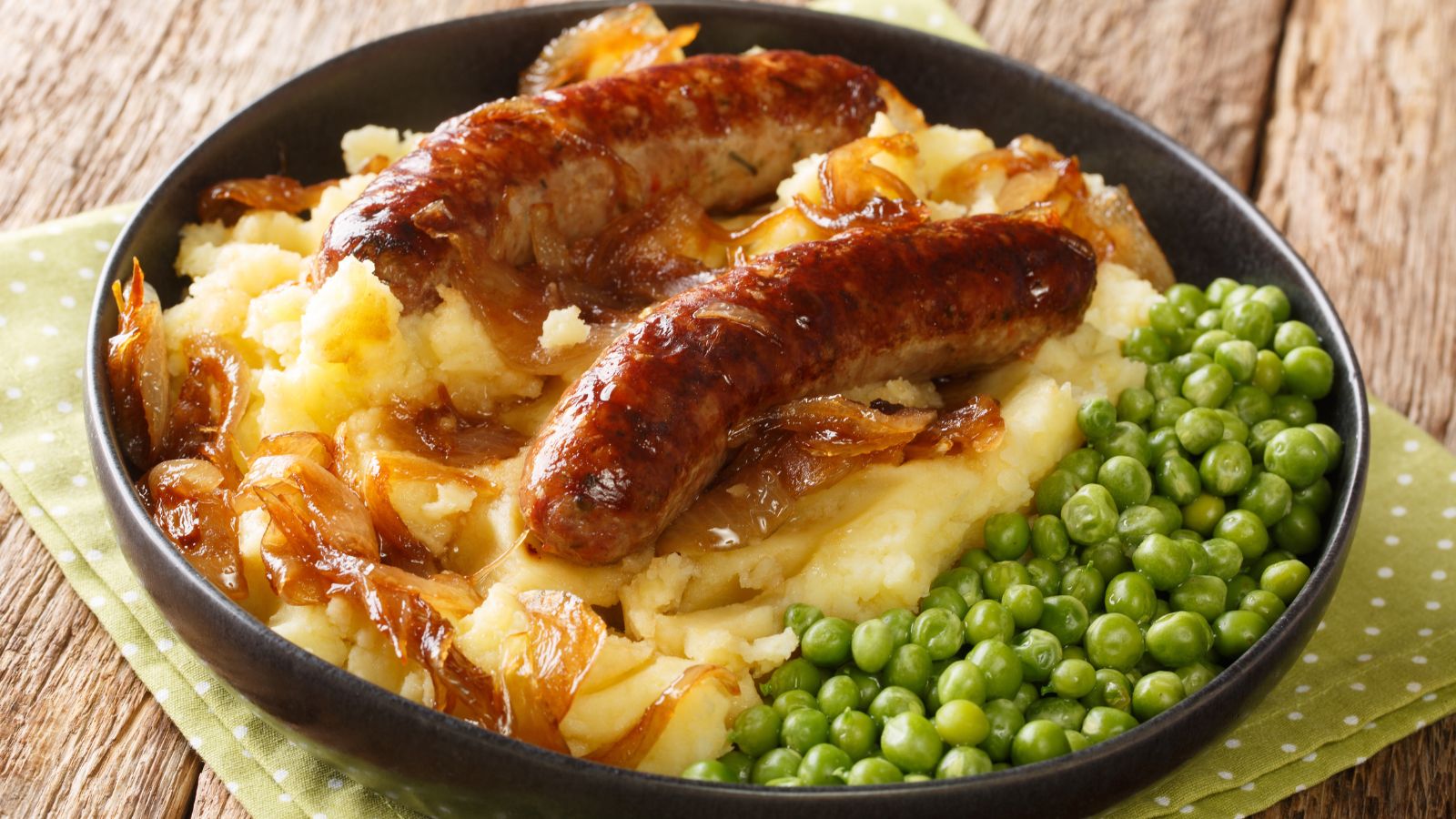Travelling across the pond can be an interesting experience, especially when it comes to culture, language, and accents. However, some British phrases can sound completely baffling to Americans, so let’s dive into 17 of the most confusing British expressions.
Chuffed to Bits

“The earliest known use of the adjective chuffed is in the 1950s,” according to the Oxford English Dictionary. If a person from the UK tells you they’re “chuffed to bits,” you might be puzzled, as in American English, “chuffed” might sound like it means annoyed or frustrated. But in the UK, it means very pleased or happy, so “chuffed to bits” means extremely pleased.
Bob’s Your Uncle

Imagine you’re getting instructions on how to do something, and at the end, the person says, “Bob’s your uncle!” You’re left scratching your head, wondering who Bob is and what he’s got to do with anything. In British slang, this phrase means “and there you have it” or “it’s as simple as that.”
Taking the P*ss

When Brits talk about “taking the p*ss,” they’re not discussing a bathroom break. Instead, this phrase means to mock or tease someone. If someone is “taking the p*ss out of you,” they’re making fun of you in a light-hearted way.
A Damp Squib

The phrase “a damp squib” describes something that fails to meet expectations or is disappointing. A “squib” is a small firework, and if it’s damp, it won’t go off properly. Americans might be more familiar with the term “dud,” but “damp squib” adds a bit of British flair to the concept.
Throwing a Spanner in the Works

Americans might say, “throwing a wrench into the works,” but Brits use “spanner” instead, with this phrase meaning to cause problems or to sabotage something. If a project or plan is going smoothly, and then someone “throws a spanner in the works,” it means they’ve done something to disrupt the progress.
The Full Monty

“The Full Monty” is often associated with the famous British film about a group of men who become strippers, but the phrase itself means “the whole thing” or “going all the way.” Whether it’s getting fully dressed or committing to something completely, if you’re doing “the full Monty,” you’re not holding back.
Gobsmacked

A wonderfully descriptive term that means completely shocked or astounded, “gobsmacked” comes from “gob,” the slang for mouth. If you’re smacked in the gob, you’re left speechless. It perfectly captures the feeling of being utterly amazed or surprised.
Knackered

When Brits say they’re “knackered,” they mean they’re extremely tired or exhausted. It’s a slang term that doesn’t have a direct equivalent in American English, where you might just say you’re really tired, but “knackered” adds a bit more emphasis.
Naff

Describing something as “naff” means it’s uncool, tacky, or unfashionable. It’s a versatile term that can apply to clothing, decor, or even behaviour. An American might say something is lame or cheesy, but “naff” carries a distinctly British flavour that can be hard to translate.
Skive Off

To “skive off” means to avoid work or school, essentially playing hooky, so if someone is skiving, they’re not fulfilling their responsibilities and are likely doing something more enjoyable instead. It’s a common term in the UK, but folks from the USA might be more familiar with terms like skipping or ditching.
Rubbish

While Americans use “garbage” or “trash,” Brits call it “rubbish.” But “rubbish” isn’t just limited to literal waste—it’s also used to describe something that’s of poor quality or nonsense, so if a Brit tells you that your idea is rubbish, they think it’s not very good.
Sod’s Law

Similar to Murphy’s Law in the USA, “Sod’s Law” states that if something can go wrong, it will, and the saying captures the inevitability of mishaps and bad luck. It’s a somewhat cynical view of life’s little annoyances, and while Americans have their own version, “Sod’s Law” is distinctly British.
Cheeky

The term “cheeky” describes someone who is playfully impudent or irreverent. If someone is being cheeky, they’re being a bit naughty but in a charming and endearing way. It’s a term that doesn’t have a direct equivalent in American English, where you might call someone sassy.
Cream Crackered

This rhyming slang term means being extremely tired, as “cream crackered” rhymes with “knackered,” which, as mentioned earlier, means exhausted. Cockney rhyming slang often involves substituting words with phrases that rhyme, creating expressions that can be utterly perplexing to those not in the know.
Quid

In the UK, “quid” is slang for a pound sterling, similar to how Americans use “buck” for a dollar. If something costs five quid, it’s five pounds, and while the term might be confusing at first, it’s one of the simpler British slang words to get used to.
Bangers and Mash

A less confusing phrase and more a cultural dish name that might sound odd, “bangers” are sausages, and “mash” is mashed potatoes. Together, “bangers and mash” is a beloved British meal. It might conjure up strange images for an American hearing it for the first time, but it’s simply a plate of food.
Brilliant

Our final British phrase—or rather, word—is “brilliant,” used far more frequently and in different contexts than in the USA. While Americans might reserve “brilliant” for describing something exceptionally clever or bright, Brits use it to express enthusiasm and approval for all sorts of things.







